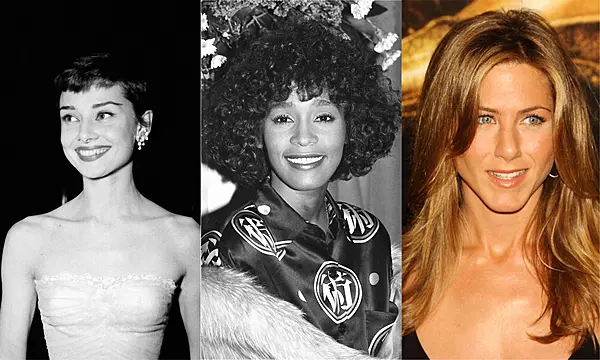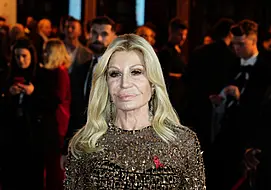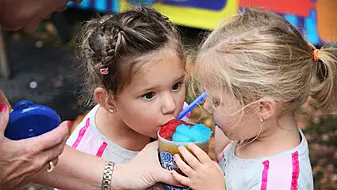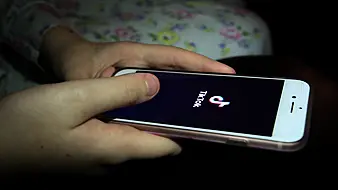Music star Ciara has cut herself a long, sleek fringe reminiscent of Sixties style icon Brigitte Bardot. We are loving the look and it got us thinking about the history of the fringe – which stretches back thousands of years and has taken on plenty of different styles along the way.
Bangs are when the hair at the front of the head is cut short, covering all or part of the forehead. One of the most famous fringes arguably belonged to the Egyptian queen Cleopatra, whose thick bangs have been immortalised in countless film and TV productions.
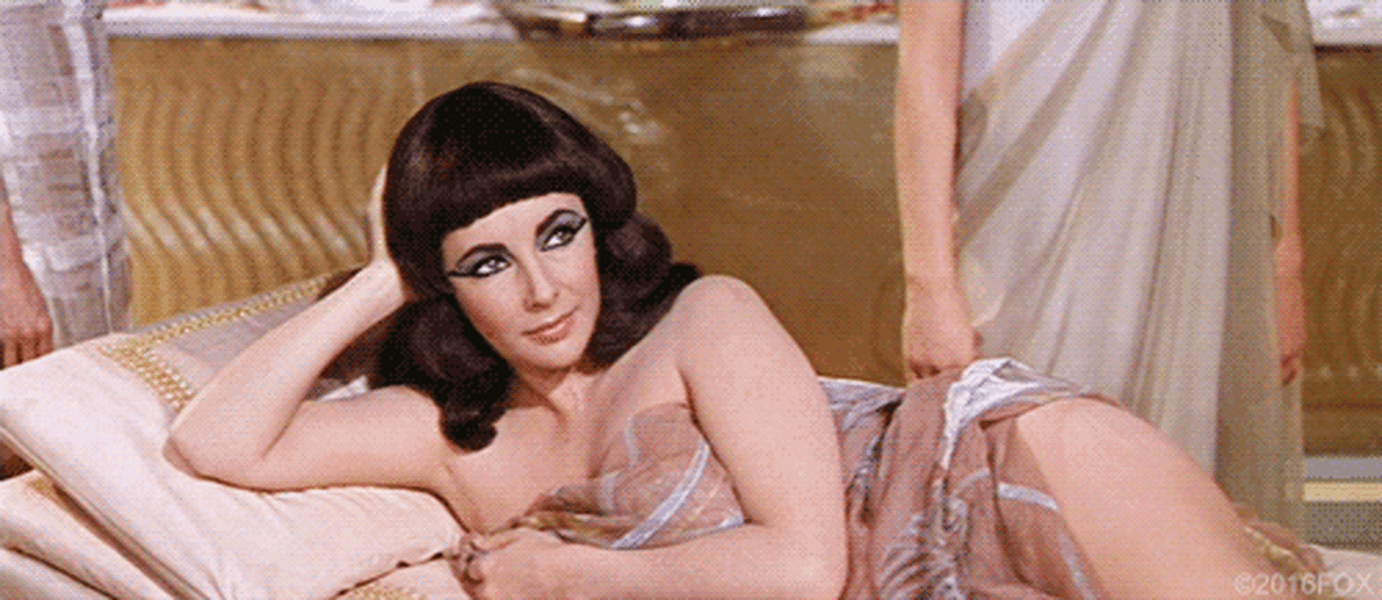
Fringes were also popular among both men and women in ancient Greece and Rome and through the Middle Ages – but the style hasn’t always been favoured. In Encyclopedia Of Hair: A Cultural History, Victoria Sherrow writes: “At times, bangs were controversial. During the 1600s, conservative clergy said that women who cut and curled their hair into bangs represented ‘a slide into mortal sin’. These bangs were regarded as a sign of vanity.”
From the 1900s, bangs have been a pretty constant trend in the West – but the style has changed over the years…
The 1920s…
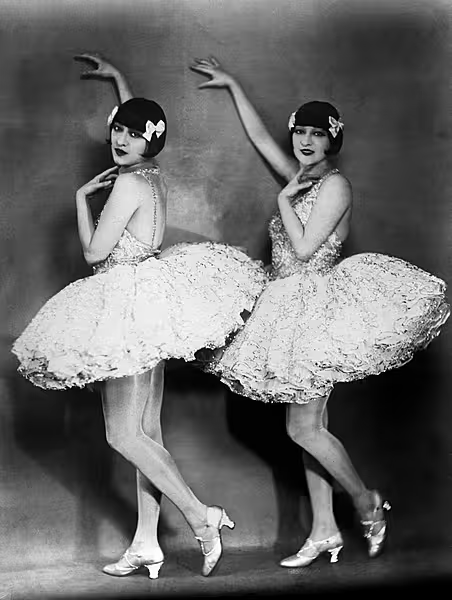
Bobs reigned supreme during the flapper era. It was a fashion-forward and sexy style as it showed off plenty of neck, and more often than not it was paired with a thick, heavy fringe so the face was fully framed.
The 1950s…

In the Fifties, styles tended to fall into two camps. The first was pin-up girl bangs inspired by Betty Page: a short, thick fringe slightly curled at the bottom…

… and the second was the short, fluffy fringe popularised by Audrey Hepburn.
The 1960s…

The 1960s was when fringes became fuller and more luscious. This was modelled by French cool girls like Brigitte Bardot, who tended to wear thick fringes and the rest of their hair in a big bouffant – a style Ciara was obviously inspired by today.
The 1970s…

While the style didn’t change too much between the Sixties and Seventies, fringes did become noticeably shaggier. Celebrities like Jane Birkin went for a more relaxed, gappier approach to block bangs.
The 1980s…

The Eighties won’t exactly go down in history as a stellar time for hair. The overwhelming trend was for volume, in the body of your hair as well as your bangs.

The bigger, the better – but unfortunately not everyone was blessed with lots of hair, which often resulted in some straggly looking fringes.
The 1990s…

Bangs weren’t hugely prominent in the 1990s – perhaps as a reaction to the excess of the Eighties. When they did emerge, they tended to be light and gappy – a more nonchalant take on the style.

The 2000s…

“In 2004, bangs seemed to be experiencing another surge in popularity in the United States,” Sherrow writes in Encyclopedia Of Hair. “Jennifer Aniston helped to spark the trend after she appeared in the television show Friends with long bangs that were swept to the side.”
During this time, the style tended to be longer, meaning it could be more versatile – fringes could be worn in curtains, to the side or pinned back. Other fringe icons of the decade included Catherine Zeta Jones and Rihanna.
Today…
Social media means celebrities switch up their looks more regularly than ever. Instead of just one fringe trend ruling Instagram, there are countless trends.
Many of these fads take direct inspiration from the past. Ciara went down the Sixties route with her heavy bangs, but she’s not alone in looking back.
Jennifer Lopez recently cut herself a shaggy fringe straight out of the Seventies, while Zoe Kravitz’s uber short bangs are a modern take on Audrey Hepburn’s pixie cut, and Chrissy Teigen’s long side fringe has the versatility of a Noughties cut.
